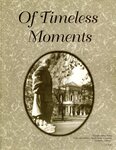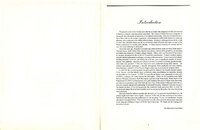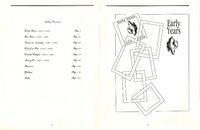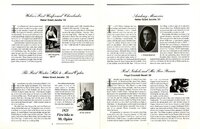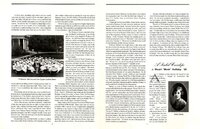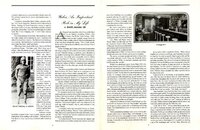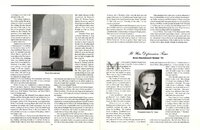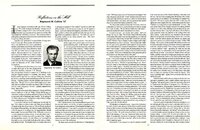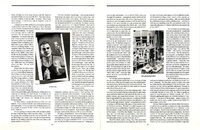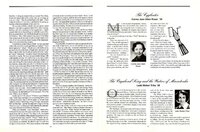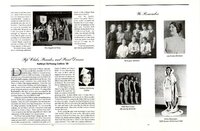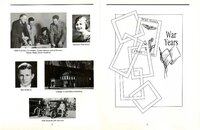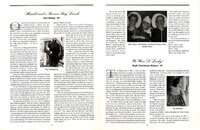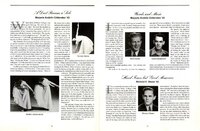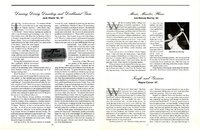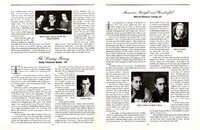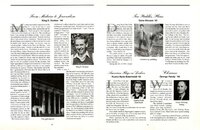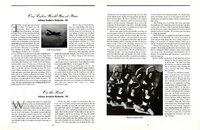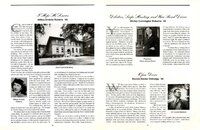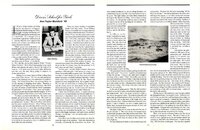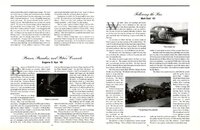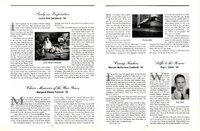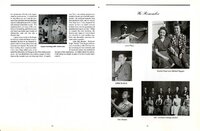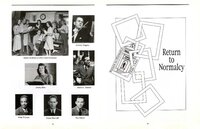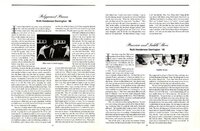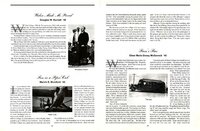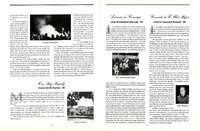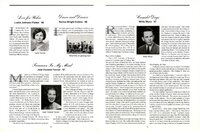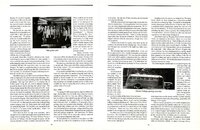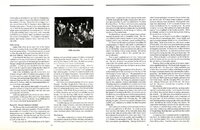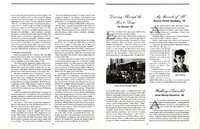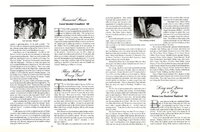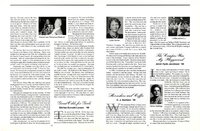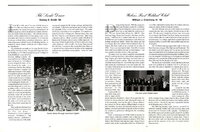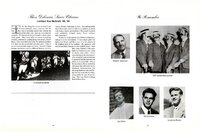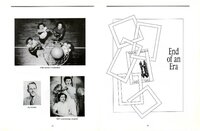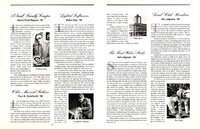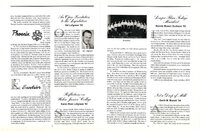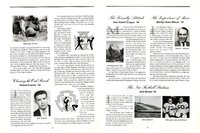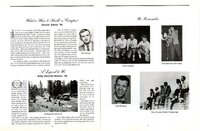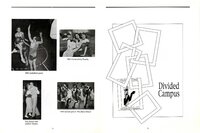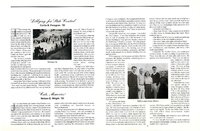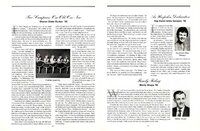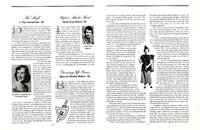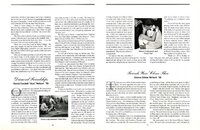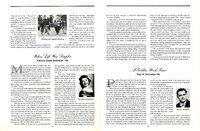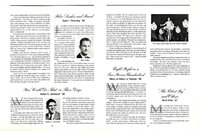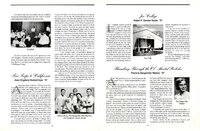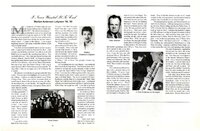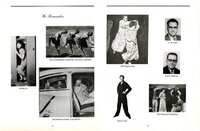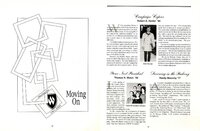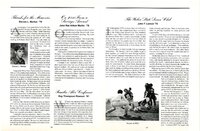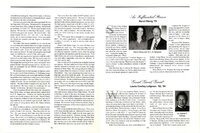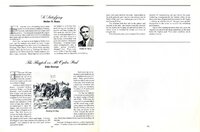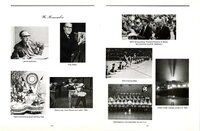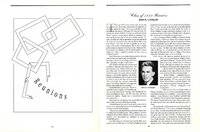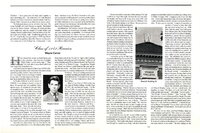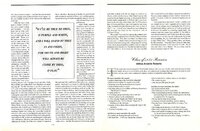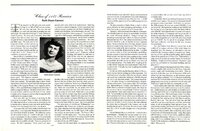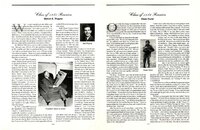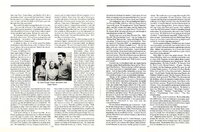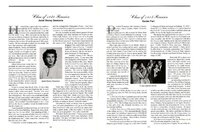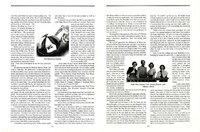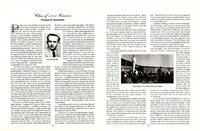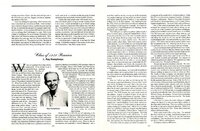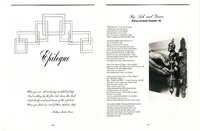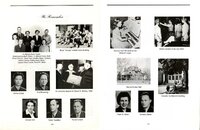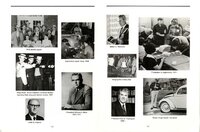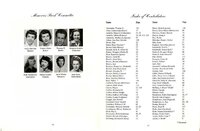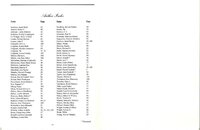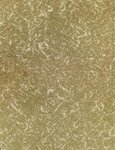| Title |
Of Timeless Moments |
| Creator |
Weber State Alumni Association |
| Description |
Of Timeless Moments is a collection created by the Weber State University Alumni Association in 2000. This monograph includes priceless memories of former college students from 1919 to 2000. |
| Subject |
Ogden (Utah); Weber Normal College; Weber College; Weber State College; Weber State University--History |
| Digital Publisher |
Stewart Library, Weber State University, Ogden, Utah, USA |
| Date Original |
2000 |
| Date |
2000 |
| Date Digital |
2014 |
| Item Size |
8.5 inch x 11 inch |
| Medium |
books |
| Item Description |
A 136 page book with a light brown cover. |
| Spatial Coverage |
Ogden, Weber County, Utah, United States, http://sws.geonames.org/11788968, 41.22809, -111.96766 |
| Type |
Text |
| Conversion Specifications |
Archived TIFF images were scanned with an Epson Expression 10000XL scanner. OCR by ABBYY Reader. JPG and PDF files were then created for general use. |
| Language |
eng |
| Rights |
Materials may be used for non-profit and educational purposes; please credit University Archives, Stewart Library, Weber State University. |
| Source |
LD5893.W62O3 2000 Weber State University Archives |
| Format |
application/pdf |
| ARK |
ark:/87278/s66j5s6m |
| Setname |
wsu_alumni |
| ID |
5 |
| Reference URL |
https://digital.weber.edu/ark:/87278/s66j5s6m |
| Title |
016_page 30 and 31 |
| Description |
Of Timeless Moments is a collection created by the Weber State University Alumni Association in 2000. This monograph includes priceless memories of former college students from 1919 to 2000. |
| Subject |
Ogden (Utah); Weber Normal College; Weber College; Weber State College; Weber State University--History |
| Digital Publisher |
Stewart Library, Weber State University, Ogden, Utah, USA |
| Date Original |
2000 |
| Date |
2000 |
| Date Digital |
2014 |
| Item Size |
8.5 inch x 11 inch |
| Medium |
books |
| Item Description |
A 136 page book with a light brown cover. |
| Spatial Coverage |
Ogden, Weber County, Utah, United States, http://sws.geonames.org/11788968, 41.22809, -111.96766 |
| Type |
Text |
| Conversion Specifications |
Archived TIFF images were scanned with an Epson Expression 10000XL scanner. OCR by ABBYY Reader. JPG and PDF files were then created for general use. |
| Language |
eng |
| Rights |
Materials may be used for non-profit and educational purposes; please credit University Archives, Stewart Library, Weber State University. |
| Source |
LD5893.W62O3 2000 Weber State University Archives |
| Format |
application/pdf |
| Setname |
wsu_alumni |
| ID |
480 |
| Reference URL |
https://digital.weber.edu/ark:/87278/s66j5s6m/480 |

